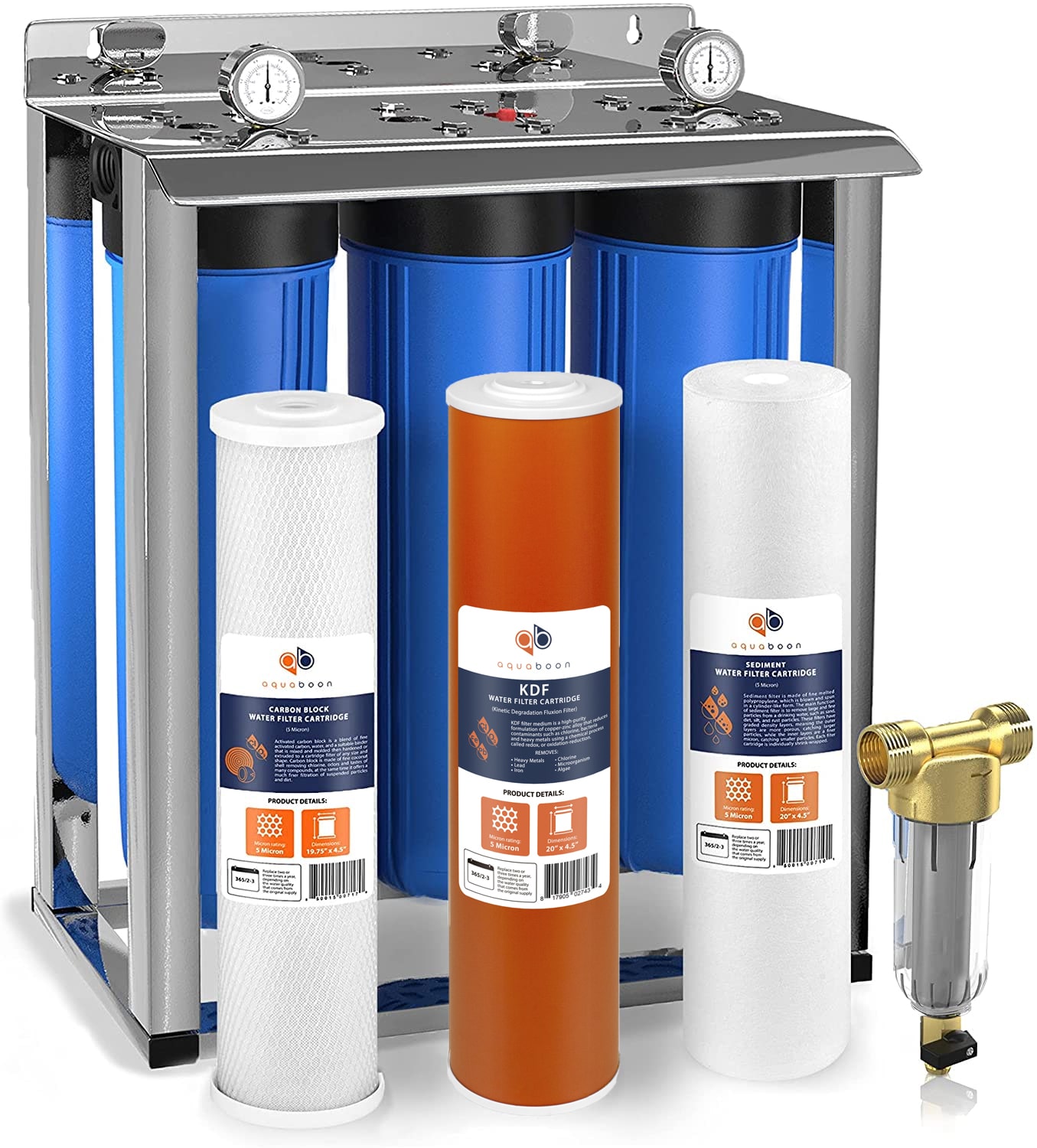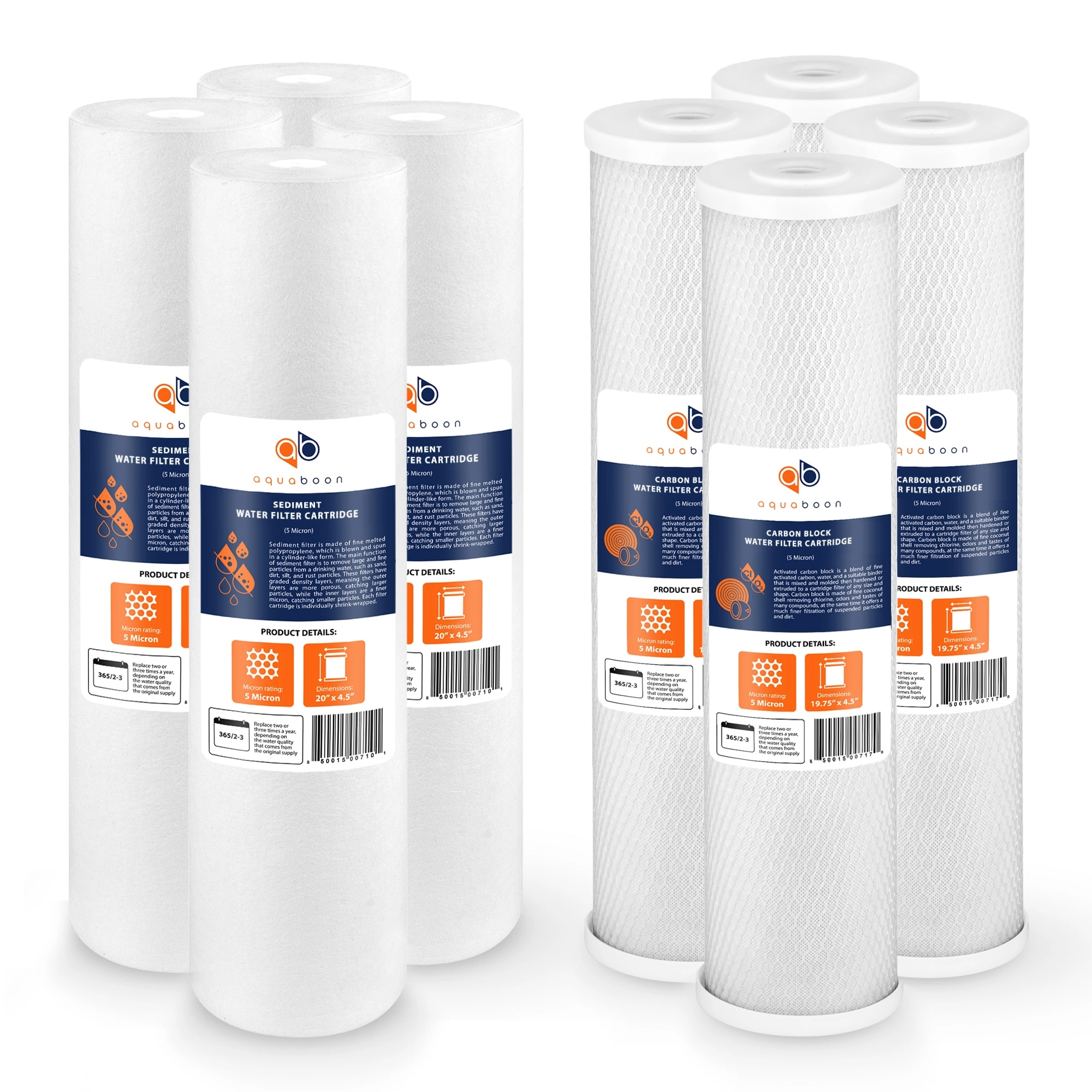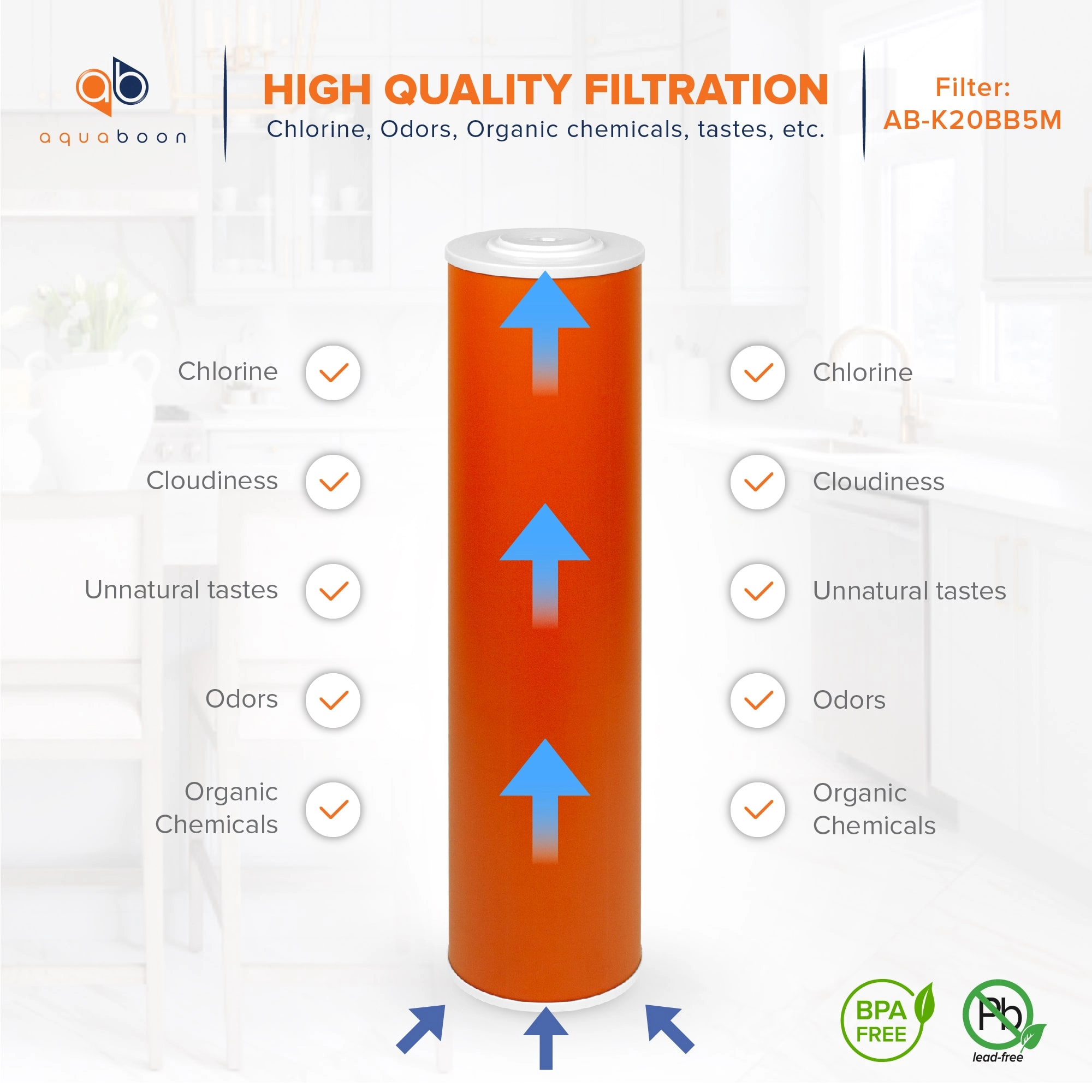Common Types of Water Filters
There are many different types of water filters available. They come in all sizes, shapes and price ranges. If you want to improve the quality of your drinking water, then it is important that you know how each one works and how to buy the right type for your family needs.
This article will introduce to you the types of home water filters in the market, so you know the one to choose when buying for your home.
What are water filters?
A water filter is a device that removes contaminants such as bacteria, viruses, and particulates from the water supply. These devices can be found in homes, businesses, and industrial settings, as well as in public facilities such as schools or parks.
How does the water filter work?
Most water filters use a type of media to aid in their filtration process. The most common media are activated carbon, ion exchange resins, and reverse osmosis.
In activated carbon, water is pumped through a filter pad made from a type of carbon that has been chemically activated.
Ion exchange resins work by removing ions in the water. This is done through an exchange process, in which the resin removes the ions and replaces them with a cation. This process can remove fluoride, chlorine, and iron.
Reverse osmosis works on a completely different principle. Reverse osmosis uses a high pressure to force the water through a semi-permeable membrane, which prevents the contaminants from passing through.
The amount of contaminants removed by a filter depends on a number of factors, such as the type of filter used, how long the filter is exposed to water, and the number of contaminants in the water.
Top features:
- Designed to remove contaminants and impurities.
- Improve the taste of drinking water.
- Pores that are too small to let any microbes through.
- Only clean water comes out on the other side of the filter.
Types of drinking water filters
Water filters are available on the market in a large variety of models, shapes, and sizes. The most common types of water filters include:
Activated Alumina
Activated alumina is a very effective filtration method that removes virtually all heavy metals and other harmful substances from the water. The activated alumina is produced by heating an aluminum oxide with a magnesium hydroxide solution, which produces a white powder with high adsorptive capacity.
Features:
- Cost-effective
- Effective in removing fluoride, arsenic, and selenium
Reverse Osmosis
Reverse osmosis is another type of filtration method that uses a semipermeable membrane to separate pure water from impurities in tap water. This system works by forcing your tap water through this membrane at high pressures, forcing impurities out, and leaving pure drinking water behind.
Features:
- Electricity-free
- Effectively removes parasites, viruses, and pollutants.
Ceramic Filters
Ceramic filters use porous ceramic materials to trap particles in their pores. Other ceramic filters may include activated carbon or other types of absorbent material to help remove even more contaminants from your drinking water supply.
Features:
- Cost-effective, long-lasting
- Electricity-free
- Antibacterial and protozoal properties
- Easy to set up and use
Carbon Block and Activated Carbon
Carbon block/ activated carbon filters use a porous black substance called activated carbon that traps contaminants such as chlorine and other chemicals. These carbons are usually placed inside a filter housing.
Features:
- It effectively removes chlorine, sediment, and volatile organic compounds (VOCs)
- Improves water taste and smell.
- Cost-effective
- Works without electricity
- Inorganic compounds, minerals, and salts cannot be removed.
Alkaline and Water Ionizers
Alkaline water ionizers offer a wide range of benefits for your health and well-being. They use electromagnetic energy called electrolysis to separate water into alkaline and acidic components.
Features:
- Works with electromagnetic energy
- Changes the chemical structure of contaminants
- Filters water into acid or alkaline
Sand and Sediment Mesh
This is the most common type of water filter. It consists of a series of cylindrical, perforated metal screens with a fine mesh pattern. Water flows through these screens and filters out any solids. This system does not clean or purify, but it prevents the buildup of solids in your plumbing system.
Features:
- Designed to filter dirt, clay, sand, and rust particles
- A mesh-like design
Ultraviolet Light
Ultraviolet light (UV) is a type of filtration that uses ultraviolet light to remove impurities from water. This type of filtration is not as efficient at removing non-organic contaminants, but it is easy to use and does not require chemicals to work.
Features:
- It destroys parasites, bacteria, and viruses
- Costly
- Electricity is required to operate
- Doesn't remove inorganic contaminants.
Distillation
Distillation uses heat and pressure to force air or steam through a column filled with water at high temperatures. The resulting vapors are sent through a tube where they are condensed back into liquid form. Distillation works well for removing the most harmful microorganisms and chemicals from drinking water supplies.
Features:
- Eliminates most contaminants.
- Kills bacteria
- Treats water to improve its taste and smell
- No need for replacement
- Water is produced slowly over long periods of time.
- Powered by electricity
How to choose the right filter?
Now that you know why water filters are important, how do you choose the right one? The type of contaminants that are present in your water will determine which water filter is right for you.
If you have hard water, then you need a filter that removes minerals from the water. If you live near an industrial area, then it may be necessary to use a whole house filter that can remove heavy metals and other harmful chemicals from your drinking water supply. At FILTERWAY, you will find lots of options that meet these two situations.
Bottom Line
Selecting drinking water filters systems for your home is easier than you may think. Of course, you may be thinking about the up-front cost but the bottom line is that the benefits of water filtration far outweigh the costs. It is definitely something you want to invest in.














